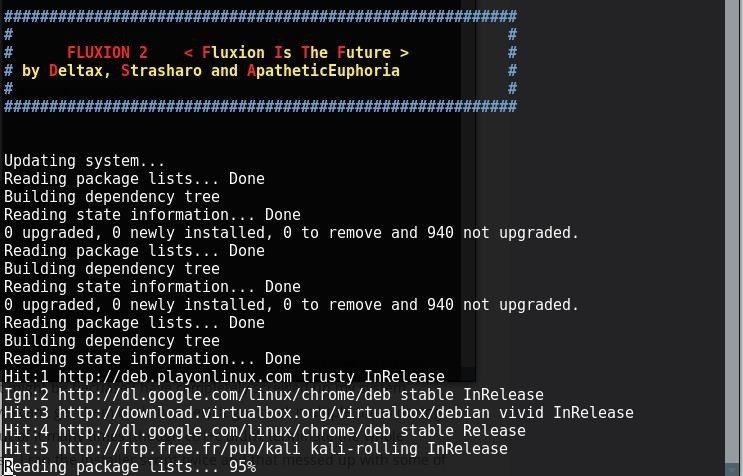How To Crack A Passowrd

How long would it be to crack your password? Try out our quick tool to find out how secure your password is. This articles shows you how to crack Gmail passwords in 3 steps with no hassle. Check in for details. How long would it be to crack your password? Try out our quick tool to find out how secure your password is. More How To Crack A Passowrd videos.
ManageEngine ADSelfService Plus is a secure, web-based, program. This software helps domain users to perform, and of personal details(e.g telephone numbers,etc) in Microsoft Windows Active Directory. Administrators find it easy to, while managing optimizing the expenses associated with What problems does it solve? Analysts state that 30% of queries are related to and. ADSelfService Plus which consumes a substantial amount of help desk time by rendering a secure, reliable and robust web based self service solution to the end user. The end user can manage his passwords by himself and also in Active Directory with ease. The program also provides security while through an enrollment and.
Page 1 of 2 Hey, everyone! I’m writing this podcast after a great week at DEF CON! Is one of the largest hacking conferences in the world, where hackers from across the globe gather to share ideas, listen to leading security experts, and compete in ruthless hacking contests. In the spirit of DEF CON and my week of hacking, I’m going to cover one question that I get asked all the time: How do you 'crack' a password? To answer that, I’m going to take you through the steps a hacker would use to break your password--so that you can avoid some of the pitfalls that would make you an easy target to any password cracker out there. What's a Hash? First, let’s talk about If a website or program is storing your password--like Google, Facebook or anywhere that you have an online account--the password is generally stored in the form of a hash. Greek Dictionary Office 2007 here.
A hash is basically a secure way of storing passwords based upon math. A hash is also a way of scrambling a password--so if you know the trick, you can easily unscramble it. It would be similar to hiding a key to your house in your front yard: if you knew where the key was, it would take you only a few seconds to find it. However, if you didn’t know where the key was it would probably take you a long time to find it. The 2 Types of Hacker Attacks Now, let’s break down password attacks into two different types: online and offline. Offline attacks are where a hacker can take a password hash, copy it, and take it home with them to work on. Online attacks require the attacker trying to login to your to go to the specific website they are targeting.
Online attacks on are very difficult for a hacker, because these types of sites will limit the number of times an attacker can try a password. This has probably happened to you if you’ve forgotten your password and been locked out of your account. This system is actually designed to protect you from hackers who are trying billions of guesses to figure out your password.
An online attack would be like if you tried to search for someone’s hidden key in their front yard while they were home. If you looked in a few places, it probably wouldn’t look too odd; however, if you spent all day in front of the house, you’d be spotted and told to leave right away! Adobe Photoshop 7 Patch Fr Undertale. Garmin Mapsource V6.16.3 Patched Exe [fqxl]. In the case of an online attack, a hacker would most likely do a lot of research on a particular target to see if they could find any identifying information about them, such as children’s names,, significant others, old addresses, etc. From there, an attacker could try a handful of targeted passwords that would have a higher success rate than just random guesses. Offline attacks are much more sinister, and don’t offer this protection. Offline attacks take place when an encrypted file, such as a PDF or document, is intercepted, or when a hashed key is transferred (as is the case with.) If you copy an encrypted file or hashed password, an attacker can take this key home with them and try to crack it at their leisure. Although this may sound awful, it’s not as bad as you may think.
Comments are closed.